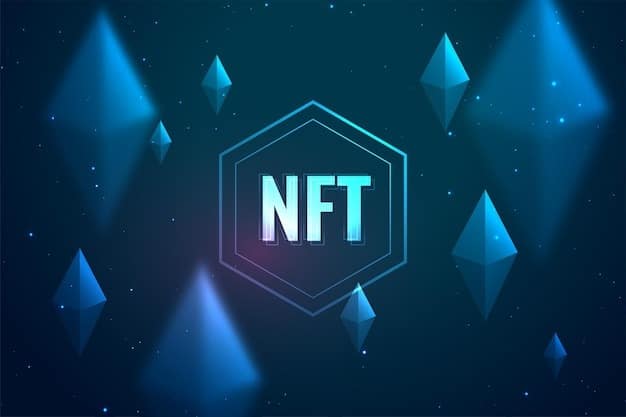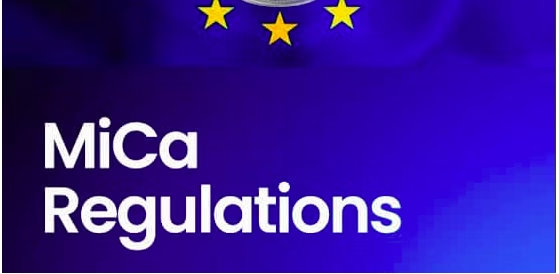Blockchain.com has obtained a MiCA license in Malta, marking a significant regulatory milestone that allows the firm to operate across the European Union’s 27-country bloc.
The Blockchain.com MiCA license will enable the London-based crypto company to expand its footprint in Europe at a time when the EU’s new regulatory framework for digital assets is reshaping the industry’s competitive landscape.
According to the company, the decision to base its European operations in Malta follows careful consideration of transparency, expertise, and strategic location.
Malta becomes Blockchain.com’s European base
A Blockchain.com spokesperson said Malta provided the “right combination of transparency, institutional expertise, and strategic access,” underscoring the island nation’s growing appeal as a crypto hub under the new Markets in Crypto-Assets (MiCA) framework.
“The Blockchain.com MiCA license gives us the regulatory clarity we’ve been seeking for years. It’s a foundation for sustainable growth in Europe,” — Fiorentina D’Amore, Head of EU Strategy, Blockchain.com, in a company statement.
Under the MiCA framework, which came into full effect in late 2024, crypto service providers can apply for authorization in one EU member state and “passport” those permissions across all other countries in the bloc. Blockchain.com’s new license will cover brokerage services, institutional infrastructure, and self-custody wallet offerings.
The Blockchain.com MiCA license not only grants access to EU customers but also provides a critical competitive advantage over unlicensed firms operating outside MiCA’s jurisdiction. D’Amore, who will oversee the firm’s EU operations from Malta, said the company aims to integrate its trading and custody services with institutional partners throughout Europe.
EU oversight concerns and regulatory tension
Despite Malta’s success in attracting companies like Blockchain.com, Kraken, and Gemini, European regulators have voiced concerns about the island’s relatively flexible approach to crypto supervision. In September, regulators from France, Austria, and Italy called for a stronger role for the European Securities and Markets Authority (ESMA) in overseeing crypto firms under MiCA.
A recent ESMA review of Malta’s licensing procedures noted that while the Malta Financial Services Authority (MFSA) showed “good collaboration,” some risk assessments during authorization “lacked sufficient depth.”
“We’ve seen early cases of forum shopping, where companies choose jurisdictions with the most favorable terms. This undermines the integrity of the MiCA system,” — Verena Ross, Chair, European Securities and Markets Authority, during a Brussels briefing.
The European Banking Authority (EBA) also warned that Malta’s approach could create a haven for firms seeking looser oversight. The EBA emphasized the need for “consistent supervision” to prevent financial stability risks and protect investors across the bloc.
These tensions have fueled debate over whether Malta’s attractiveness as a regulatory hub is an advantage or a potential weak link in the EU’s broader effort to create a level playing field for digital asset companies.
Balancing innovation and oversight
While critics question Malta’s leniency, others defend the country’s pragmatic approach. Legal experts argue that diversity in implementation is inevitable within the EU’s decentralized system of governance.
“Regulatory diversity is not a flaw of MiCA but a reflection of the EU’s legal design,” — Dr. Hendrik Müller-Lankow, Partner, Kronsteyn Legal Group, in an interview with EurLex Policy Forum.
Dr. Müller-Lankow explained that national regulators retain discretion to adapt certain provisions, provided they uphold MiCA’s core principles of investor protection and financial transparency. He added that “healthy competition between regulators can foster innovation, provided enforcement remains credible.”
For Blockchain.com, this regulatory environment offers an opportunity to scale responsibly. The Blockchain.com MiCA license ensures compliance across all EU markets while allowing the firm to maintain flexibility in product design and service delivery. The company also continues to monitor regulatory developments in the U.K., Singapore, Latin America, and the Middle East signaling ambitions beyond Europe.
What the MiCA license means for Europe’s crypto future
The Blockchain.com MiCA license exemplifies how global exchanges are responding to the EU’s new unified framework. By obtaining authorization in Malta, Blockchain.com joins a small but growing list of firms leveraging MiCA’s passporting model to reach a broader audience without fragmented compliance hurdles.
Industry observers say this could accelerate competition and innovation in Europe’s digital finance ecosystem. “The MiCA framework is not just about regulation as it’s about creating trust,” said Laura Chapelle, Senior Policy Advisor at the European Policy Centre. “Licenses like Blockchain.com’s show that Europe is serious about bringing crypto into the mainstream economy.”
As more firms pursue similar authorizations, the balance between innovation and investor protection will remain a defining test for MiCA’s long-term success. The coming months will determine whether Malta’s open approach strengthens or challenges the EU’s ambition to lead in responsible crypto regulation.











